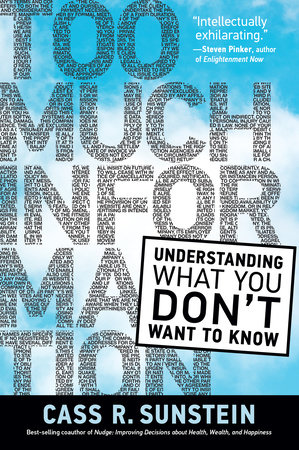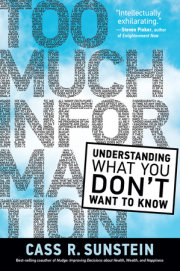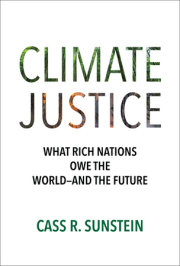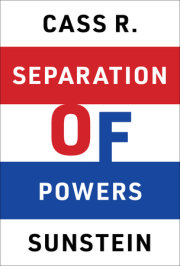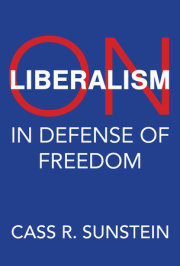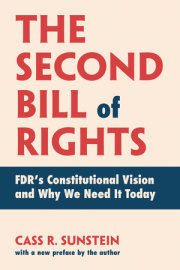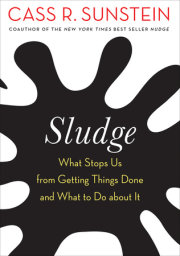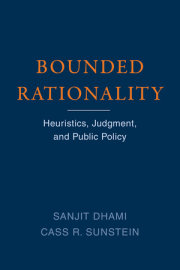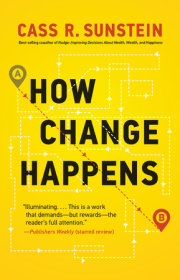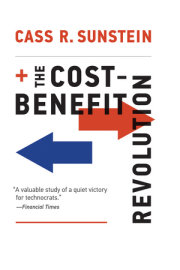You might not much care to learn the number of hairs on the heads of people sitting at the next table at a restaurant, or the precise metals that were used to make your automobile, or whether the coffee beans at the local store came from Brazil, Colombia, Budapest, or somewhere else. You might not want to know whether you will get Alzheimer’s disease, whether you have a genetic susceptibility to cancer and heart disease, what all of your colleagues really think about you, and the year of your likely death. You might not want to know about the health risks associated with consumption of beer, coffee, pizza, and ice cream—products that offer immediate pleasure but may create future harm. If your mind is full of those risks, consumption might produce fear, guilt, or shame. Ignorance might be bliss. (This very morning, I weighed myself. Doing that was not good for my mood.)
The general phenomenon of “information avoidance” suggests that people often prefer not to know and will actually take active steps to avoid information. But what steps? And at what cost? I have said that the most fundamental question is whether receiving information increases people’s well-being. That proposition argues in favor of a case-by-case approach, asking whether information would have that effect for the relevant population (even if it is a population of just one). True, we have to say something about the meaning of well-being. Economists like to work with the idea of willingness to pay (WTP), insisting that it is the best measure we have of whether people will gain or lose from obtaining things—clothing, food, sporting goods, laptops, automobiles, or information.
I will have a fair bit to say about the willingness to pay criterion, much of it negative. What matters is human well-being, not willingness to pay. An obvious problem is that if people lack money, they will not be willing to pay much for that reason. But let’s bracket that point and work with willingness to pay for now, seeing it as a way of testing whether people really do want something and how much. One of its advantages is that at least in principle, it should capture everything that human beings care about—everything that matters to them. In some cases, people are willing to pay a lot for information. In other cases, people are willing to pay exactly nothing for information. In other cases, they are willing to pay not to receive information.
As we shall see, it is important to ask whether people’s willingness to pay, or not, is informed and rational. Crucially, people might lack the information to decide how much they are willing to pay for information. If so, their willingness to pay might depend on an absence of information about the importance of that information. People’s willingness to pay might also depend on deprivation and injustice, leading them to lack interest in information that could greatly improve their lives.
Copyright © 2020 by Cass R. Sunstein. All rights reserved. No part of this excerpt may be reproduced or reprinted without permission in writing from the publisher.

